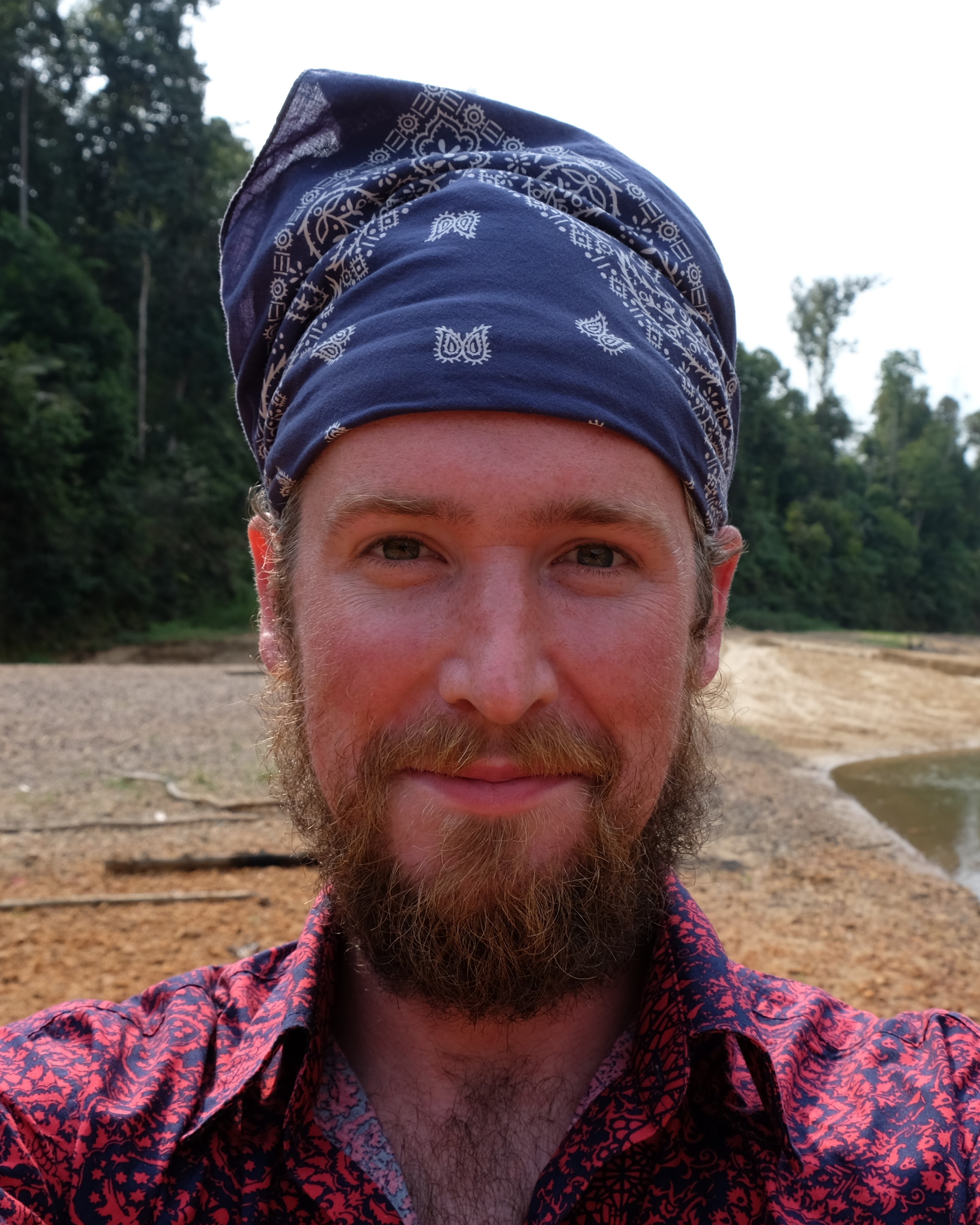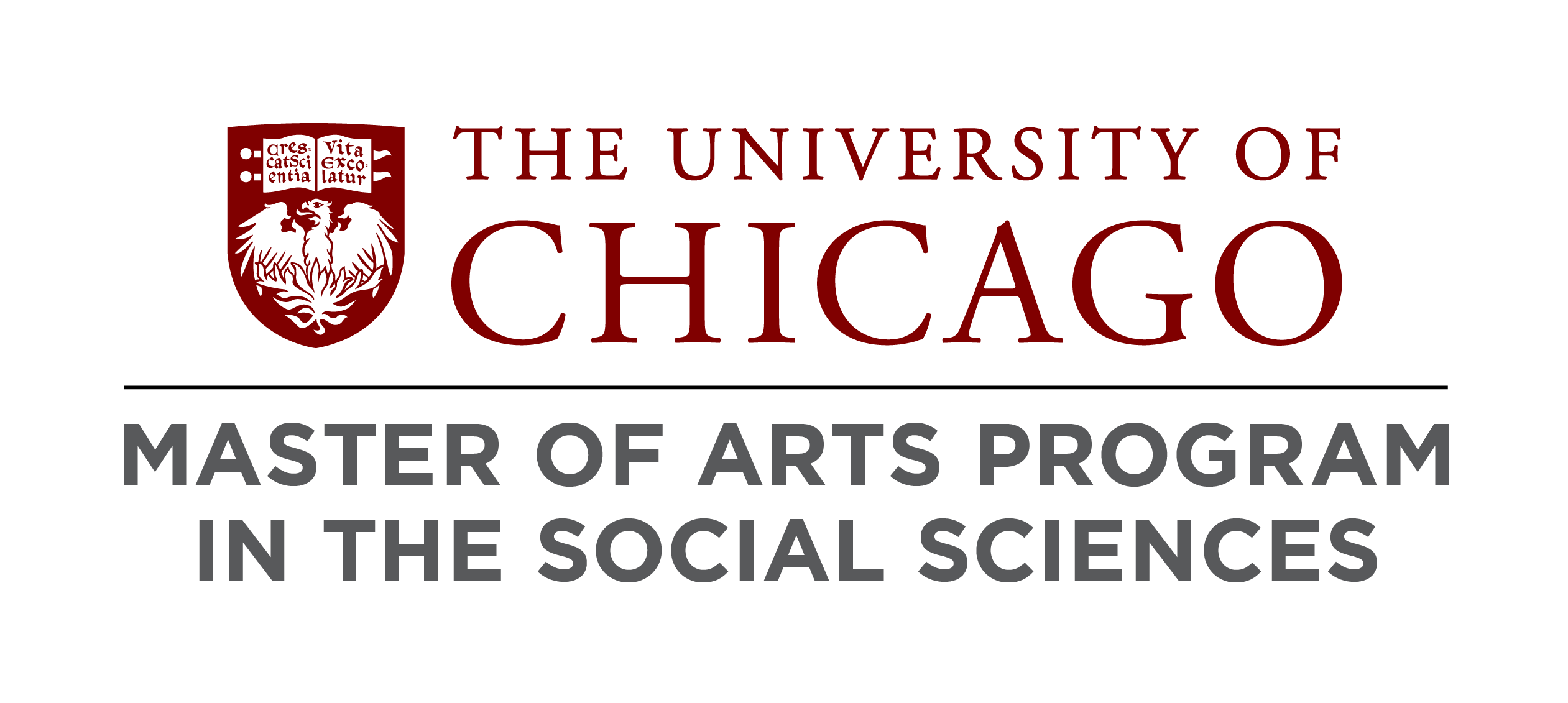
Schedule office hours here.
Marshall Kramer is a Postdoctoral Teaching Fellow and Anthropology Preceptor in the MAPSS program. He received his MA and PhD in Anthropology from the University of Chicago, and BA degrees in International Studies and Anthropology from the University of Washington. His research has been supported by Grants from the Wenner Gren and the Firebird Foundations for Anthropological Research.
Marshall’s scholarship explores how indigenous communities in Southeast Asia are using technology and technical knowledge to negotiate the impact of multi-polar resource extraction regimes on their homelands—and bodies. From rare earth mining and monoculture plantations to the medicinal plant trade, the forests and mountains of Southeast Asia are a growing production site for markets across Asia and the world. Drawing on a decade of collaboration with local organizations in Myanmar, Marshall’s work documents how communities are mitigating the destructive impact of these industries with technical innovations from engineered rainforests to barefoot healthcare networks that combine local, regional and global scientific knowledges. As his work explores the logistical worlds of these inter-Asian supply chains, it sheds light on how common technologies are playing a key role in struggles over land, resources, and the health of local communities. His first book manuscript Bikes and Bonesetters: Lisu Logistical Worlds and the Management of a Global Supply Chain, tracks how one indigenous community utilizes 125cc motorcycles to create offroad supply chains and reclaim extractive industries in their homeland—as well as to remake forest worlds in their suburban (re)settlements. His second project explores the chemical struggles taking place around rare earth mines in the Straits of Malacca as local communities draw on the pharmacologically rich flora of region to counter the harmful effects of mining chemicals on their bodies.
Marshall regularly offers courses on the environment and medicine, that engage topics in science and technology studies as well as indigenous studies. Since 2022 he has coordinated a community-engaged service-learning course that supports indigenous resource management. Interested students should feel free to contact him.
 THE UNIVERSITY OF CHICAGO
THE UNIVERSITY OF CHICAGO

